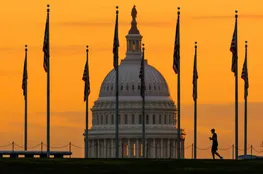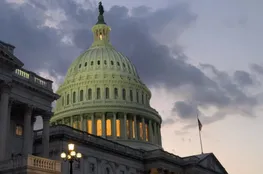A second Trump administration is anticipated to bring significant shifts to energy and natural resources policy. With the GOP likely controlling both the Senate and the House, President-elect Trump will be positioned to effect substantial changes, though still bound by the inherent checks and balances in the US political system. The Supreme Court, predominantly appointed by Republican presidents, is poised to support his policy agenda.
This administration is expected to roll back on net-zero commitments, although efforts to completely overturn the Inflation Reduction Act (IRA) seem unlikely due to bipartisan support. Nonetheless, tax incentives critical to the growth of wind, solar, battery storage, and electric vehicles may face reductions, with potential consequences for renewable deployment and the associated domestic manufacturing market.
Emission standards for power plants and vehicles are projected to be relaxed, impacting metal demand and possibly stymying advances in low-emission technologies. The renewable energy sector might also be hit by increased protectionist tariffs, raising costs for consumers. On a positive note, permitting reforms could accelerate infrastructure developments, favoring gas pipelines and power plants.
The natural gas industry, particularly LNG, could see benefits, with the easing of export restrictions providing a clearer path for future investments. However, the uncertainty remains, including potential lawsuits and environmental challenges. Meanwhile, Trump's aggressive tariff policies toward China and other nations could bring economic strains, burdening US businesses and consumers with additional costs that may not be offset by proposed corporate tax reductions.
While aiming to bolster domestic production and military capabilities, these measures risk escalating global trade tensions. Furthermore, Trump's stance on climate agreements, with plans to withdraw from the Paris Accords, underlines a likely shift towards a fragmented global climate policy landscape. Such actions may diminish the US role in international climate discussions, leading to varied regional approaches to emission reductions.
Regarding international relations, Trump is expected to pursue peace in Ukraine by pressuring for a settlement with Russia and also seek to mitigate Middle Eastern tensions while maintaining firm support for Israel, indicating a strategic focus that could influence global oil markets and geopolitical dynamics.
























